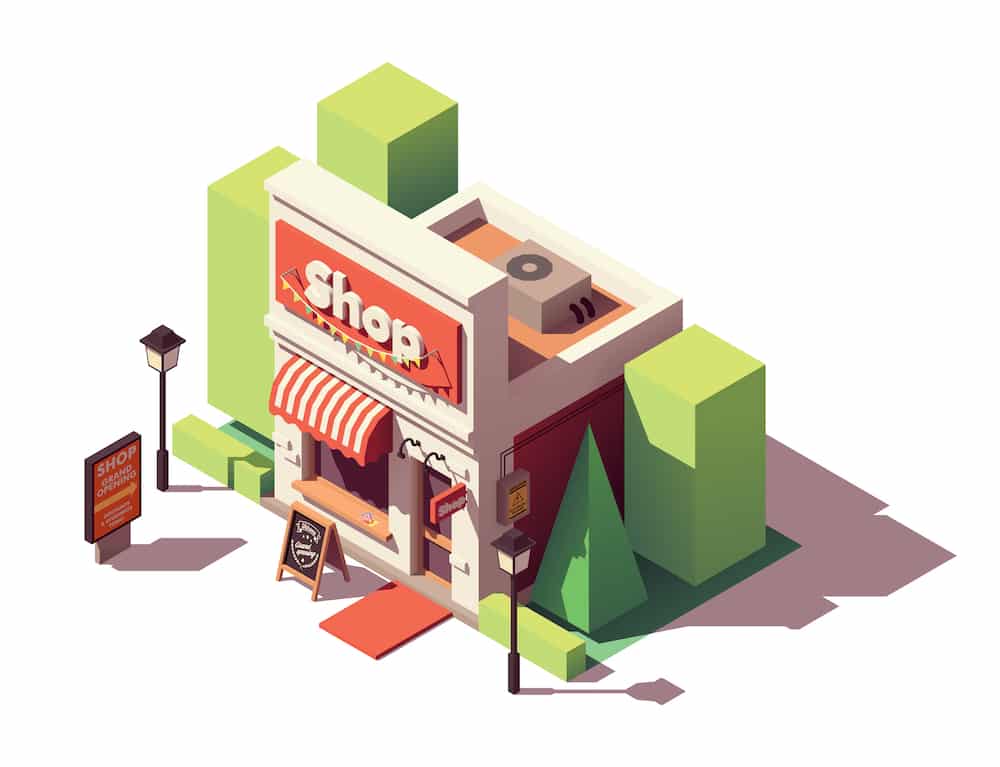
If you own a small business, you might be struggling in an insanely competitive market. You need to go above and beyond to stand out and establish your position.
In many cases, small businesses can’t do this on their own. Due to limited resources, they may not be able to support business growth – at least not to the level they want – without external funding.
According to the New Zealand Banking Association, only 30% of small businesses are debt-free. The other 70% have received over a million loans combined.
Most small business owners first turn to secured loans before they explore other options. In this article, we’ll talk about the reasons why that might be a good idea.
But first, let’s answer one of the most common questions that borrowers have.
Secured small business loans require collateral in the form of business assets. This is because lending to start-ups and small businesses is often very risky. As they usually don’t have a distinguished financial track record, the lender has to assume a higher risk. There’s the chance that they won’t be able to repay the loan. That’s why lenders ask for security.
So how are business loans secured, exactly?
You’ll have to put up an asset such as a business vehicle, machinery, or commercial real estate as collateral. The lender will then determine how much you can borrow based on the asset’s value.
For this purpose, they’ll use the loan-to-value (LTV) ratio. For instance, if a lender uses an LTV of 80% and assigns a value of $100,000 to your collateral asset, you’ll be able to borrow up to $80,000.
Of course, as long as you meet your loan terms and repayments, nothing will happen to your asset. In the event of any defaults on the loan, the lender has the right to take your asset and sell it to recoup the money. If the sale of your asset doesn’t meet the outstanding amount of the loan for whatever reason, you’ll still owe the difference.
Similarly, if your asset loses too much value over the term of the loan, the lender might ask you to pledge more assets to keep the loan.
With all that, is it worth taking on this risk?
There are a few upsides to taking out a secured loan. The first is the ability to take out larger loan amounts compared to an unsecured loan. As you’re putting up security for the loan, the lender will be more open to giving you a higher amount.
You can use that cash injection to finance any aspect of your business. A great example is a company that had to restock its inventory:
After being in business for a while, a small retail business knows that its peak season is December and January. One year, sales were so good that the business sold out its entire inventory.
To ensure uninterrupted growth, they chose to take out a $30,000 loan to restock their inventory. This would allow them to continue to make money, perhaps with even better results in the year ahead.
True to form, the business used the loan to buy the necessary stock and sold it at a higher profit margin, partly to pay for the cost of the loan. They were able to repay the loan and boost their cash flow at the same time.
Aside from the higher loan amounts, you might also be able to negotiate lower interest rates with a secured loan. This relates back to the lower risk that the lender is assuming because of the collateral.
Still, you must keep in mind that the interest rates will also depend on your credit history and financial standing. You need to pay attention to everything that determines whether you’re a reliable borrower. However, assuming all else is equal, a secured business loan should be cheaper than an unsecured one.
Lastly, you can expect the repayment terms to be rather long. In many cases, you may be able to stretch out the repayment period for as long as 30 years. This can allow you to repay the loan more comfortably without affecting your cash flow.
Just because secured business loans come with convenient benefits, doesn’t mean that they’re always a good idea. In fact, you should only take one out if you’re 100% sure you can repay the loan.
The main reason is pretty obvious. If you default for any reason, you risk losing your security asset. If you put up the building as collateral, you’d have to move your business location. You’d also lose all the equity you had built up in that asset.
Furthermore, a default will do severe damage to your credit score. This will make it harder to take out a loan in the future. While secured loans are generally easier to obtain for people with bad credit, the cost of the loan will go up.
Some lenders might be willing to work something out if you run into problems paying off the loan. They may offer to restructure the loan to help you avoid defaulting. Still, you should carefully weigh the risk and reward before taking out a secured business loan.
As you can see, applying for a secured business loan can be an excellent way of funding the growth of your business. You can get the desired amount at terms and conditions you’re comfortable with.
But this also comes with the associated risks, up to the loss of your collateral asset.
If you’re not willing to take on the risk, unsecured business loans might be a better option. An unsecured loan doesn’t require your business assets as security, and the application is usually much easier and quicker.
Should you find this option more appealing, Unsecured Finance New Zealand can offer you the funds.





